A diuretic combination of 8 drugs, the formula is also called Punarnavashtaka. Punarnava or Indian hogweed is a popular rejuvenative herb that revives in the rainy season. Strenghthens renal function and detoxifies the body fluids.
‘Kashaya’ or herbal decoctions harness the healing properties of herbs and roots in a mild and easily absorbable water base. The tablet modification allows easy transportation and administration, without compromising on its therapeutic benefits.
Features & Benefits
- A combination of 8 drugs namely Punarnava, Neem, Patola, Nagara, Kiratatikta, Guduchi, Devadaru, Haridra, and Haritaki, widely acclaimed for their anti-inflammatory and diuretic properties.
- The drugs are predominantly Tikta-Kashaya rasa (bitter astringent taste). This aspect pacifies pitta and Kapha while not aggravating Vata.
- Excellent remedy for persistent low blood heme levels and associated symptoms like whole body swelling, recurrent fever, cough, breathing difficulties, and abdominal pain.
- Stimulates renal function. The herbal decoction encourages proper drainage of metabolic waste and deranged Kapha elements in the body.
- Punarnava is known for its rejuvenating property. It encourages tissue repair and cellular metabolism.
- The formula breaks down inflammatory pathways in the body. Balances the tridoshas in the body.
Dosage and Instructions
Adult:2-3 Tablets twice daily on empty stomach. Consume dissolved in half a glass of lukewarm water for best results.
Child: 1-2 Tablets twice daily on empty stomach. Consume dissolved in half a glass of lukewarm water for best results.
Suitable for all ages.
Key Ingredients
Punarnava (Boerrhavia diffusa)
Punarnava, a potent ayurvedic has immense health benefits and has been in use since ancient times in treating a host of health anomalies. Commonly known as Hogweed, Sterling, Tarvine in English, Mukarati Kirei in Tamil, Raktakunda, and Shothaghni in Sanskrit, it goes by the botanical name Boerhavia diffusa. Punarnava has powerful analgesic and anti-inflammatory properties, which is extremely beneficial in reducing joint and muscle pain, thereby reducing the chances of chronic autoimmune inflammatory diseases like rheumatoid arthritis.
Nimba (Azadirachta indica)
It is a member of the Meliaceae family and its role as a health-promoting effect is attributed because it is a rich source of antioxidants. It has been widely used in Chinese, Ayurvedic, and Unani medicines worldwide especially in the Indian Subcontinent in the treatment and prevention of various diseases. Neem is considered a boon for mankind by nature. The use of Neem has been recommended by Ayurveda for a wide range of diseases. Such usage is attributed to its purification effect on the blood. Scientific research on Neem demonstrates it to be a Panacea. It is suggested to be an antibacterial, anthelmintic, antiviral, anticancer, and more importantly Immunomodulatory agent.
Tikta (Andrographis panniculata)
Andrographis has numerous traditional uses. in Ayurvedic medicine, it is used as an alternative, (supporting the routes of detoxification), stomachic (supporting digestion), and as an immune supporter.
Daruharidra (Berberis aristata)
Daruharidra is an excellent ayurvedic herb used in eye, skin, and pitta aggravation diseases like anemia, jaundice, and pitta-Kapha aggravation disorders like diabetes. in skin disorders like eczema, dermatitis, and oozing slow healing wounds, Daruharidra is used in Ayurveda with other healing herbs like Durva, Khadira, Nimba, etc.
Guluchi (Tinospora cordifolia)
It is a well-recognized and widely distributed traditional plant that is used successfully in Indian Ayurveda medicine. Guduchi helps increase the effectiveness of protective white blood cells which fight infection. The herb also augments immune responses to infections by influencing various immune effector cells and ensures early recovery. It’s effective in Infections in the respiratory system, skin, and soft tissues, Infected wounds, especially in diabetic conditions and immune-compromised conditions.
Haridra (Terminalia chebula)
Popularly known as Indian walnut for its innumerable benefits or Indian hog plum in English, it is extremely valuable for its role in improving hair health. It is useful for treating scalp infections like dandruff, itching, and hair fall. It also strengthens them from the roots, prevents breakage and loss of hair, and bestows silky soft smooth hair
Ardraka (Zingiber officinalae )
Also called vishwa bheshaja.It bears an enormous number of pharmacological activities, Neuroprotective activity, and activity against colon cancer have facilitated the extent of further research for finding out less toxic and more potent drugs for the better treatment of related diseases. Ginger is extensively used around the world in foods as a spice. Ginger has been used for cold-induced disease, nausea, asthma, cough, colic, heart palpitation, swellings, dyspepsia, loss of appetite, dyspnoea, vomiting, gastritis, thirst, postpartum disorders, and rheumatism. It is carminative antipyretic and is used to treat bronchitis, gastrointestinal disorders, and piles.
Patola (Trichosanthus dioica)
Patola or pointed gourd is recommended in liver disorders. It nourishes the liver and corrects all its functions. It improves working of the digestive system and helps in maintaining skin health.
Specialty: 100% Natural. Purely herbal. Vegetarian.



















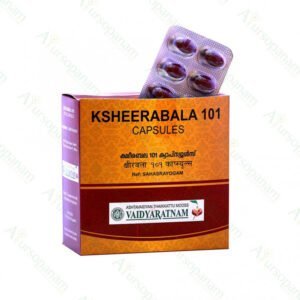


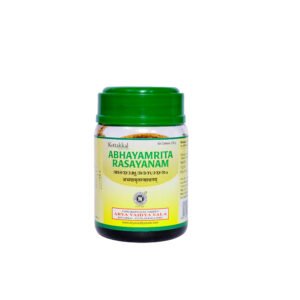













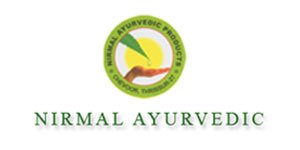




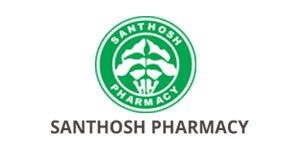

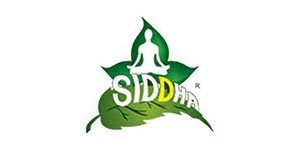











Ratings & Customer Reviews
Reviews
There are no reviews yet.